Regardless of your current financial situation, from great credit to credit-challenged, our interest-only mortgage application form is the same for everyone. Applying for an interest-only loan with us is effortless.
Regardless of your current financial situation, from great credit to credit-challenged, our interest-only mortgage application form is the same for everyone. Applying for an interest-only loan with us is effortless.
Overview
An interest-only mortgage allows you to pay only the interest on your mortgage loan during the loan term. Once the term ends, you are not obligated to repay the loan.
With an interest-only mortgage, your monthly payment pays only the interest charges on your loan, not any of the original capital borrowed.
This means your payments will be less than on a repayment mortgage, but you’ll still owe the original amount you borrowed from the lender at the end of the term.
Before lenders grant you an interest-only residential mortgage, they will ask for evidence of your ability to repay the full amount at the end of the loan term. Otherwise, you may need to remortgage your home.
There are two options to repay your mortgage:
Repayment mortgages allow you to pay back a portion of the monthly loan and the interest. If you make all your payments, you are guaranteed to repay the entire loan by the end.
An interest-only mortgage allows you only to pay the interest. You’ll still owe what you borrowed at the end of the term. Your lender may offer you the option to change your repayment mortgage into an interest-only mortgage.
The 2008 financial crisis saw an interest-only lending boom.
Customers could borrow on an interest-only basis without showing lenders how they would repay the debt. It was discovered that many thousands of customers who were only interested in borrowing money would have difficulty paying off their home loans later.
It’s very difficult to borrow money on an interest-only basis. Some lenders don’t offer interest-only loans, and others require a deposit and a repayment plan to repay the capital. Buy-to-let is the exception. Lenders generally allow landlords to pay their mortgages in interest only.
You can sell your property or take out a new loan if you cannot repay the borrowed amount.
How to repay
Your mortgage lender will require you to approve a repayment plan before lending money to you on an interest-only basis. While acceptable repayment plans vary from lender to lender, they may include ISAs or stock market investments. Your lender will likely conduct periodic checks to ensure you are on track to repay the amount.
Lenders used to allow borrowers to count on the possibility that they would receive a future windfall, such as an inheritance or bonus. But very few people will now accept this. To make monthly payments more affordable, you can remortgage for a lower mortgage rate or switch to a repayment loan.
You should act immediately if you are concerned about the repayment of an interest-only mortgage amount. You will have fewer options if you delay repaying the interest-only mortgage. It is essential to get financial advice as soon as possible.
We're the real deal
We offer a wide range of interest-only mortgages in the UK, and we guarantee that we will help you source the best interest-only mortgages and products tailored to your requirements. If we can not help, then it is unlikely that anyone else can. So, what are you waiting for? Apply for your mortgage online today!
Each lender will have varying terms and conditions; however, a typical term for an interest-only mortgage could be as little as two years with a maximum lifetime of 25 years.
If you cannot pay off your mortgage once your loan ends, you can request that your lender extend the term. This will likely involve an affordability assessment, but if approved, you will be granted extra time to pay off the remaining mortgage.
Fewer lenders offer interest-only mortgages, and banks have set strict requirements for qualifying for one. Generally, only a well-qualified borrower is eligible for one.
You can pay your mortgage back in several ways. First, you can pay the capital off in a lump sum using savings and investments. Alternatively, you can sell the property and use the proceeds to repay the loan; however, this depends on the housing market conditions and property value. Or, you can remortgage to a repayment mortgage with a new loan term. This increases your monthly payments but allows you to spread the repayment over a new term.
Our Guides

Change repayment to interest only You may be considering switching from a capital repayment mortgage...
Read Post
Extending interest-only mortgage term Some people find interest-only mortgages attractive because they are typically less...
Read Post
First-time buyer interest only Interest-only mortgages used to be a popular way for people to...
Read Post
Fixed-rate interest-only mortgages Interest-only mortgages are less common than they were in the past. The...
Read Post
Insurance for an interest-only mortgage Interest-only mortgages are less common than they were in the...
Read Post
Interest-only investment mortgage An interest-only mortgage investment mortgage may be a good option if you...
Read Post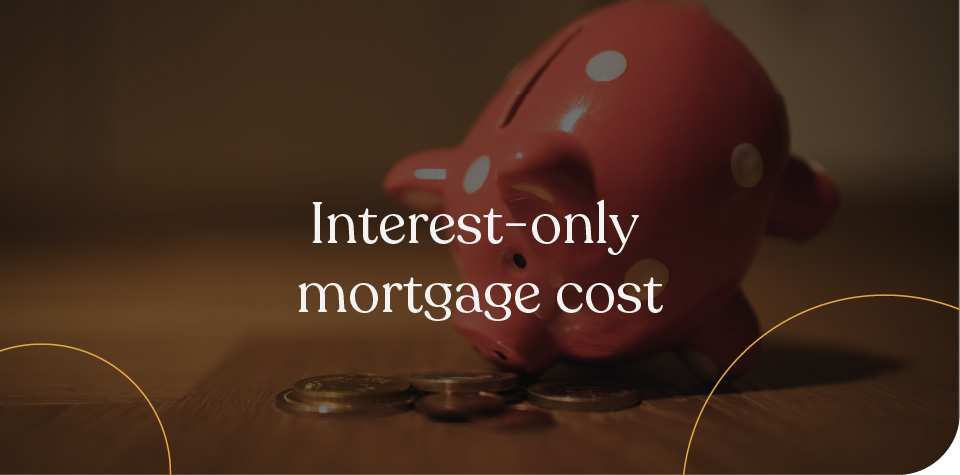
Interest-only mortgage cost Interest-only mortgage deals are expensive and leave you with the entire loan...
Read Post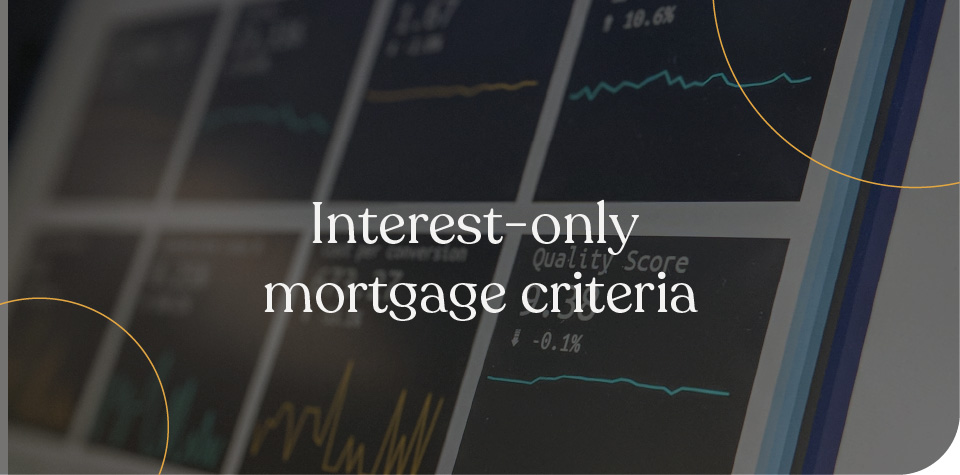
Interest-only mortgage criteria These interest-only mortgages are less common than they were in the past....
Read Post
Interest-only mortgage lenders These interest-only mortgages are less common than they were in the past....
Read Post
Interest-only mortgages calculator These interest-only mortgages are less common than they were in the past....
Read Post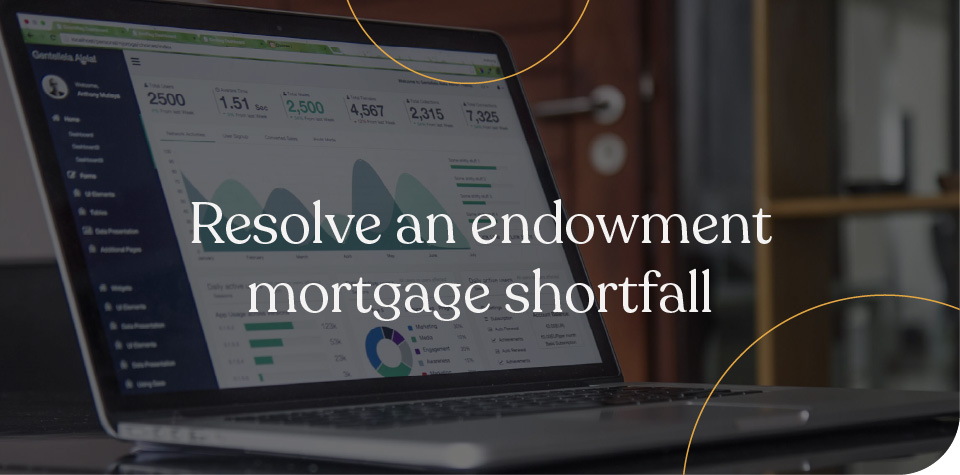
Resolve an endowment mortgage shortfall In the 1980s and 1990s, endowment policies were sold along...
Read Post
Interest-only offset mortgages – How do they work, and where to get one? There are...
Read Post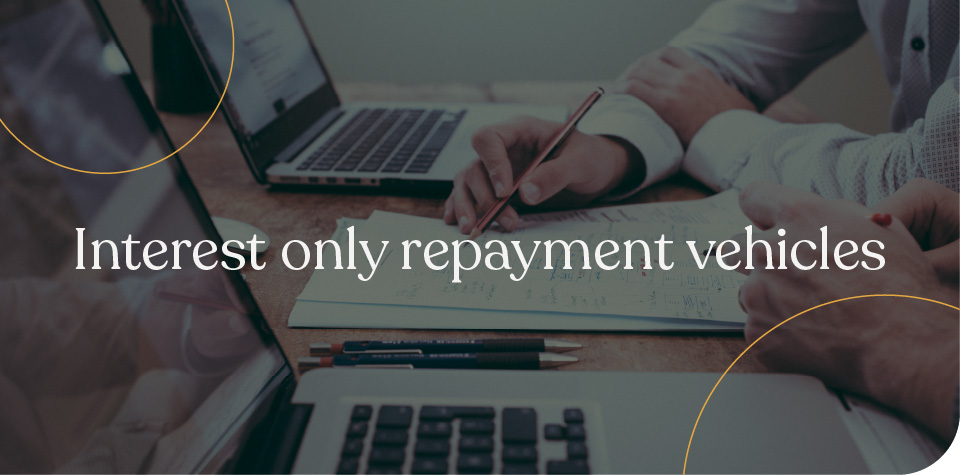
What is an interest-only repayment vehicle, and how do they work? This guide will explain...
Read Post
Interest-only secured loans – Your options and how to get one quickly A secured, interest-only...
Read Post
If your interest-only term ending? These are your options and what you should do next...
Read Post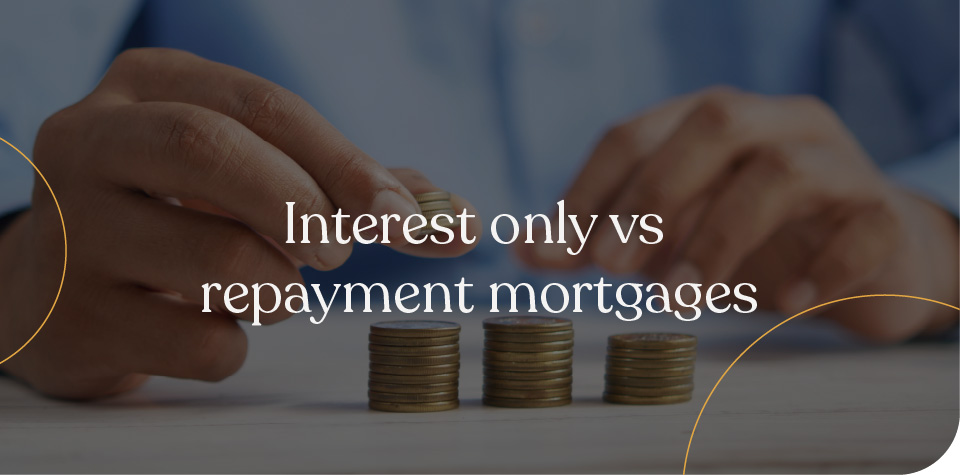
Interest only vs repayment mortgages – Which is best, and what should you choose? It...
Read Post
Part interest and part repayment mortgages – Also known as art and part mortgages –...
Read Post